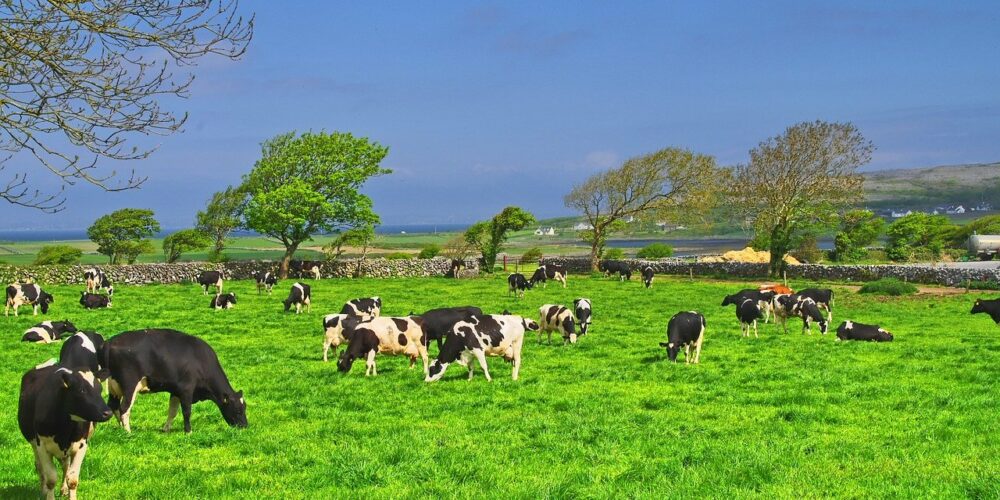In this article I will attempt to explain the new common agricultural policy (CAP) deal that will be implemented in 2023. First I will give a basic description of the CAP agreement:
1. There will be a linear cut of 25 per cent of direct payments. These cuts will be put towards an environmental fund of €300 million for co-schemes. However, it it not revealed how much farmers will be compensated for participation in these new schemes. To obtain full payments they will have to be involved in some environmental measures.
2. The minimum rate of convergence has been set at 85 per cent. Convergence aims to redistribute €12 million annually from above-average entitlements to below-average entitlements. That means that large farm grants will be cut and redistributed among smaller medium-sized farmers, and that is a good thing.
3. Ireland will have to submit a full strategic plan by the end of 2021. Every member-state will have a say what plan they want implemented; but before coming to that decision there must be a full nationwide discussion among all farmers on the deal. Only then should the full agreed plan should be submitted.
Just like the strategic environmental assessment, where the public in the general area of a major development have full rights of consultation on all aspects of the project, and where they fought so successfully against industrialised wind farms, now it is imperative for all farmers to air their opinions on this CAP deal and ensure a fair deal for all.
4. There will be a 10 per cent linear cut to all payments to finance top-up for small farmers. That said, however, it is written that convergence and capping could reduce the cut, thus reducing the top-up, and an eye needs to be kept on that.
5. There will be a decision on what an active farmer is. That is a simple answer: this would be a farmer that who is producing. Part-time farmers who are producing cannot be excluded.
There are some positive aspects to the new CAP agreement; but, as said before, the farmers and workers need to have their say. There must be full discussion and debate. While It is good to see environmental schemes being implemented across the board, and that is a very positive development, CAP cannot let down small and medium-sized farmers.
Unfortunately the proposed Climate Bill (which is separate from CAP), which seeks to reduce beef breeds, will be disastrous for Irish agriculture. I will get into that in detail in the next article. I hope to give readers a good understanding of the basics of this important deal for all.
I also wish to state that the contribution of left parties and individuals in the EU, among them Mick Wallace, Clare Daly, and Luke Flanagan, has been crucial, and they deserve thanks from all farmers.






